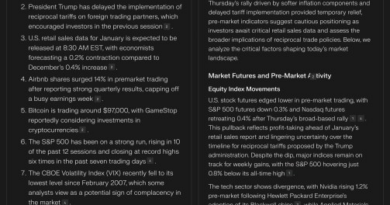You.com looks to innovation to chip away at Google’s search dominance
Founder Richard Socher’s research helped set stage for today’s AI leaps

You.com CEO Richard Socher may not be a household name, but if you travel in AI circles, chances are you know who he is. Beginning in 2014 when he wrote his influential doctoral thesis about natural language processing, he has helped pave the way for today’s headline-grabbing AI technology, a fact that doesn’t escape him as he tries to build his next-generation search engine.
He launched MetaMind, shortly after that paper was published, a startup that Salesforce acquired two years later. In fact, as chief scientist at Salesforce, he helped build the AI layer that the company calls Einstein.
After he left Salesforce, he started You.com, a consumer search engine, in 2020. Obviously he’s up for a challenge, but he also recognizes that with time on his side, and an ability to innovate, he has two advantages that could allow his company to begin to chip away at Google’s search hegemony.
He’s not intimidated by the fact that fellow search engine startup Neeva, launched by two Google veterans, was acquired recently by Snowflake after failing to find product-market fit. He says his search engine is already much larger in terms of users than Neeva ever was.
But he also understands that what he is doing is more than theoretical; it’s a business, and he has to look to a future where he is not just burning money but also bringing it in. He has reached the point, three years into his startup journey, where he has to switch focus from growth and start concentrating on revenue, having raised a modest $45 million.
We helped get this party started
While AI research has been ongoing for decades, Socher and his peers at Stanford helped open the door to today’s breakthroughs with their groundbreaking research in 2014. He has continued his research and has published papers as recently as 2020 when he began putting all his efforts into his current company.
He says as a scientist, it’s been amazing to see his research put to work in the ways that it has. “I had this realization the other week, which is as a researcher, if you’re ahead of your time, you’re a visionary. And you get a lot of credit for people using your ideas later, and you’re like ‘Oh, wow, we invented word vectors and contextual vectors, and then prompt engineering and the single model for all of NLP and LLMs for protein design,” Socher told TechCrunch+.




